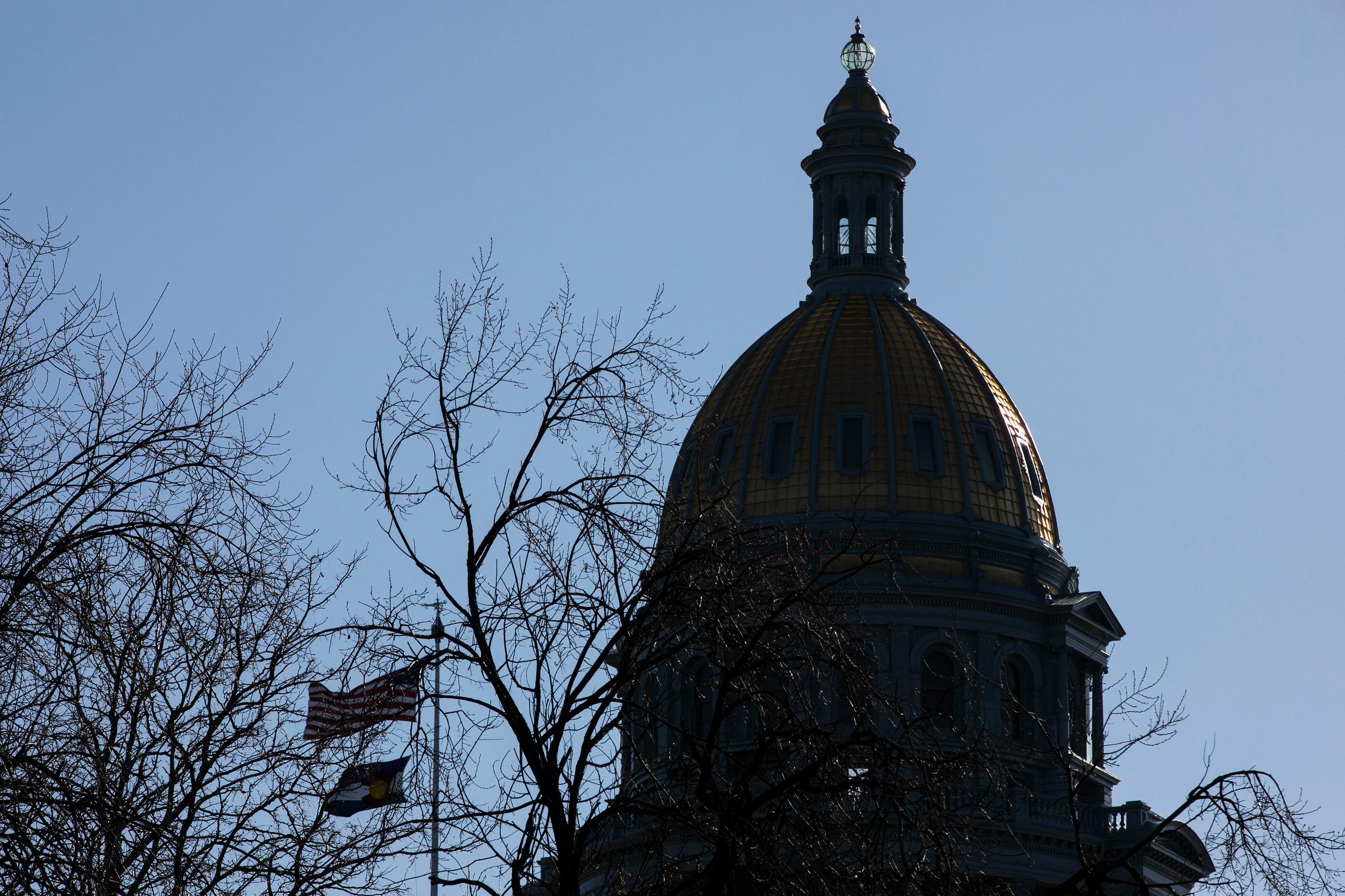
A clearer picture is starting to emerge of the deep budget cuts Colorado will likely face to backfill a possible $4 billion hole dug by COVID-19. It is likely to impact everything from affordable housing to health care, to oil and gas regulations, and schools, to transportation and water projects.
When the bipartisan Joint Budget Committee returns to the state capitol to begin the process of finalizing the budget, they’ll brace for a dire financial landscape and an unenjoyable task.
They must begin to decide which programs will be hit worst, and hardly any part of the state government will be spared.
“Just trying to figure out how we cut this budget in the manner that we have to without harming anyone is really I think what's weighing hard on most of us,” said Democratic state Rep. Daneya Esgar of Pueblo, the committee chair.
Colorado’s constitution requires a balanced budget. The state can’t spend more than it brings in.
Since the start of the pandemic, personal income and sales taxes have plummeted. The committee has to undo much of the budget that was nearly finalized before the coronavirus ground state revenues to a near halt.
“I think those 10-20 percent scenarios of reducing the budget are fairly realistic,” said Democratic Sen. Dominick Moreno of Commerce City, the vice-chair of the joint budget committee. He said the cuts couldn’t come at a worse time, as the state tries to recover from COVID-19 and help Coloradans who have been negatively impacted by the pandemic and the economy shutting down.
“I think everyone’s worry is getting rid of that safety net. So many people are relying on it. The most sinister piece of all of this is when the state encounters revenue declines, that’s when government services are needed the most,” Moreno said. “It’s really a sinister cycle we’re embarking on.”
Non-partisan budget staff released a range of proposals for the legislature to consider depending on how deep the budget cuts must go. The committee expects Colorado will need to budget to the deepest proposed cuts.
Some of the ideas include suspending a property tax exemption for seniors, the suspension of grants for K-12 school building projects, cutting mental health grant programs and eliminating a low-cost state health program for pregnant women and children.
“Things are getting worse, not better, added to that are the expenses,” said Democratic JBC member Sen. Rachel Zenzinger of Arvada. “It’s not just that the economy is bad, and we’re losing revenue, but our expenses are actually going up. We have more people that need critical state services.”
Democrats control both chambers of the state legislature and it appears much of the items on their agenda will be on the backburner as lawmakers work to pass a balanced budget. And some of their priorities from last year, like Senate Bill 19-181 which revamps regulations for the oil and gas industry would not receive funding to be implemented.
Republican committee member Sen. Bob Rankin of Carbondale said one of his concerns is taking away severance tax money slated for local communities impacted by oil and gas development.
“Those severance taxes are meant to support communities impacted by extraction of minerals. A lot of that is in my district,” he said. “We should leave severance taxes to support those communities.”
Shelby Kerns, the executive director of the National Association of State Budget Officers, said every state will be severely hit by decimated revenues. In many ways, she noted, this situation is a lot tougher for states than the 2008 recession.
“This is just such an unprecedented time with such fiscal stresses and it's very different than any fiscal stress we've seen in the past,” Kerns said. “More flexibility is needed to respond to that.”
Colorado’s budget gets its first hearing in the House and Speaker KC Becker said there will be tough decisions like cutting transportation, or state pensions, or K-12 school base funding.
“What's going to be interesting for folks is they don't necessarily know how different state spending affects their lives in very small ways,” the Boulder Democrat said. “And the other thing that is going to be hard for people to reconcile is, is that it's not going to come back right away. Even when stay home orders are lifted, it's going to take a while for businesses to recover and therefore for the economy to recover.”









